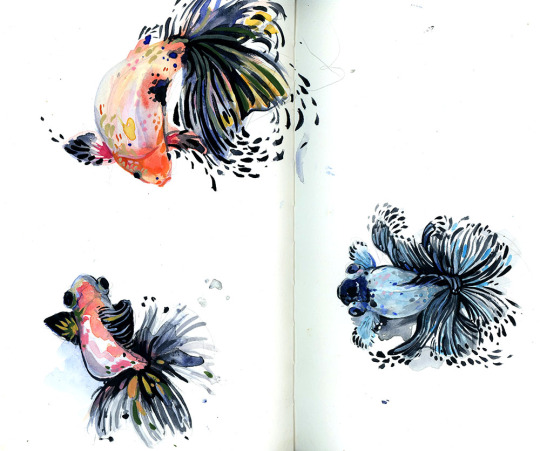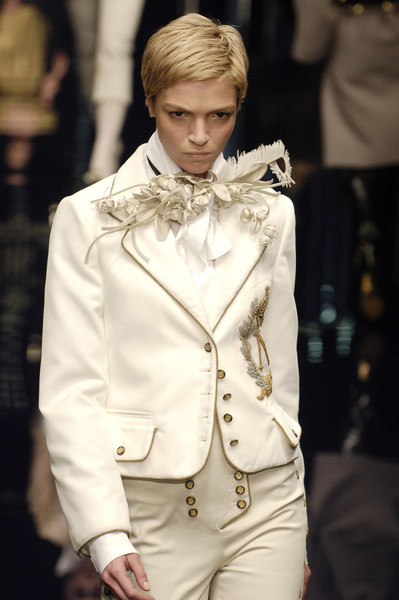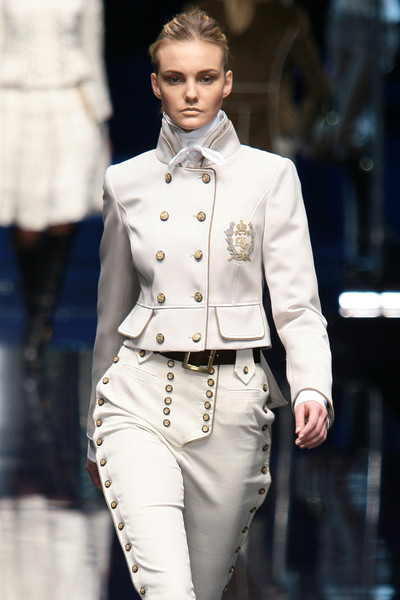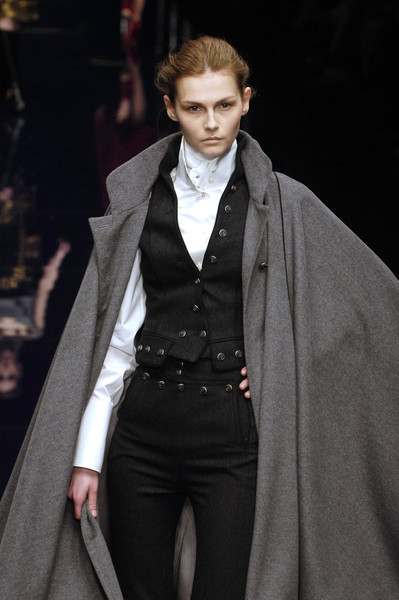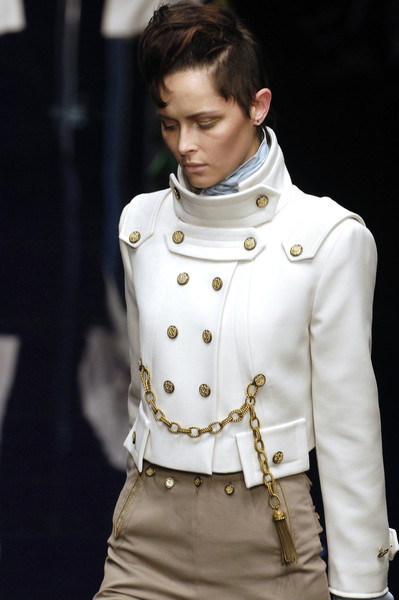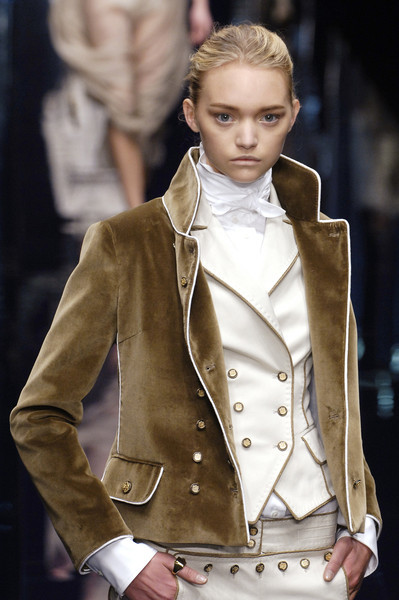Photo

In Germanic and Norse mythology, Wayland the Smith (Old English: Wēland; Old Norse: Völundr, Velentr; Old High German: Wiolant; Proto-Germanic:*Wēlandaz, from *Wēla-nandaz, lit. “battle-brave”) is a legendary master blacksmith. In Old Norse sources, Völundr appears in Völundarkviða, a poem in the Poetic Edda, and in Þiðrekssaga, and his legend is also depicted on the Ardre image stone VIII. In Old English sources, he appears in Deor, Waldere and in Beowulf and the legend is depicted on the Franks Casket. He is mentioned in the German poems about Dietrich von Bern as the Father of Witige.
Wayland had two brothers, Egil and Slagfiðr, and they were the three sons of the king of the Finns according to Völundarkviða. In one version of the myth, the three brothers lived with three Valkyries: Ölrún, Hervör alvitr and Hlaðguðr svanhvít. After nine years, the Valkyries left their lovers. Egil and Slagfiðr followed, never to return. In another version, Wayland married the swan maiden Hervör, and they had a son, Heime, but Hervör later left Wayland. In both versions, his love left him with a ring. In the former myth, he forged seven hundred duplicates of this ring.
Later, he was captured in his sleep by King Niðhad in Nerike who ordered him hamstrung and imprisoned on the island of Sævarstöð. There he was forced to forge items for the king. Wayland’s wife’s ring was given to the king’s daughter, Bodvild. Nidud wore Wayland's sword.
In revenge, Wayland killed the king’s sons when they visited him in secret, fashioned goblets from their skulls, jewels from their eyes, and a brooch from their teeth. He sent the goblets to the king, the jewels to the queen and the brooch to the king’s daughter. When Bodvild took her ring to him to be mended, he took the ring and raped her, fathering a son and escaping on wings he made. Wayland (Völund) made the magic sword Gram (also named Balmung and Nothung) and the magic ring that Thorsten retrieved.
Swords forged by Wayland
Adylok / Hatheloke, the sword of Torrent of Portyngale, according to The Romance Torrent of Portyngale.
Almace, the sword of Archbishop Turpin, according to Karlamagnus Saga.
Caliburn, in Mary Stewart’s Arthurian Legend, is the sword of Macsen, Merlin, and Arthur.
Curtana, the sword of Ogier the Dane, according to Karlamagnus Saga.
Durandal, the sword of Roland, according to Karlamagnus Saga: though in Orlando Innamorato Durandal is said to have been originally the sword of Hector of Troy.
Mimung, which he forged to fight the rival smith Amilias, according to Thidrekssaga; Karlamagnus Saga relates that Mimung later came into the possession of Landri or Landres, nephew of Charlemagne.
The unnamed sword of Huon of Bordeaux, according to Lord Berners.
An unnamed sword whose history is related by Rudyard Kipling in Puck of Pook’s Hill.
The unnamed sword of the hero in the Chanson de Gui de Nanteuil.
“Un ouvrier de Galan”, a journeyman of Wayland’s, is said to have forged the hero’s sword Merveilleuse in the Chanson de Doon de Mayence.
Gram, the sword of Sigmund, which would be destroyed by Odin, and is later reforged by Regin and used by Sigmund’s son Sigurd to slay the dragon Fafnir, according to the Völsunga saga.
197 notes
·
View notes
Text
Þrymskviða (Lay of Thrymr) - Translation
[There’s an Old Norse class that runs every two years in my university. I’m currently taking it, and this is the first poem I translated in it. It was aided by vols 2 and 3 of A New Introduction to Old Norse (NION), and a great deal of cumulative advice from fellow students and my professor.
This translation is more literal than it is poetic, as per the requirements of my course. This also means that the nominative has been used when it comes to people/place-names, instead (for example) ‘Jötunheimar’ being translated into ‘the giants’ domain’ or such. Many published translations will do this differently. But where the literal translation would warp the English word-order, or not sound quite right, I have still made some adjustments. Glosses/explanations under read more.]
Reiðr var þá Ving-þórr1 er hann vaknaði (Ving-Thor was angry when he woke up) ok síns hamars um saknaði; (and he missed his hammer;) skegg nam at hrista, skör nam at dýja, (he began to shake his beard, he began to toss his hair,) réð Jarðar2 burr um at þreifask. (the son of Jarð decided to grope about himself.)
Ok hann þat orða alls fyrst of kvað: (And he said this first of all among words:) “Heyrðu nú, Loki, hvat ek nú mæli - (“Hear now, Loki, what I now speak -) er eigi veit jarðar hvergi (which no one neither of the earth) né upphimins: áss er stolinn hamri!” (nor the sky above knows: the god was robbed of his hammer!”)
Gengu þeir fagra Freyju túna, (They went to Freyja’s beautiful dwelling) ok hann þat orða alls fyrst of kvað: (and he said this first of all among words:) “Muntu mér, Freyja, fjaðrhams3 léa, (”Will you, Freyja, lend to me your feather-form,) ef ek minn hamar mættak hitta?” (if I might be able to find my hammer?”)
Freyja kvað: (Freyja said:)
“Þó munda ek gefa þér þótt ór gulli væri, (“I would still give it to you, even if it were made of gold,) ok þó selja, at væri ór silfri.” (and give it to you even if it were of silver.”)
Fló þá Loki, fjaðrhamr dunði, (Then flew Loki, the feather-form whirred,) unz fyr útan kom ása garða (until he arrived outside the gods’ courtyards,) ok fyr innan kom jötna heima. (and arrived inside the homelands of giants.)
Þrymr sat á haugi, þursa dróttinn; (Thymr, the lord of the giants, sat on a mound;) greyjum sínum gullbönd sneri (he plaited gold-bands for his bitches) ok mörum sínum mön jafnaði.4 (and trimmed the manes of his horses.)
Þrymr kvað: (Thymr said:)
“Hvat er með ásum? Hvat er með alfum? (“How is it with the gods? How is it with the elves?) Hví ertu einn kominn í Jötunheima?" (Why have you come alone into Jötunheimar?”)
Loki kvað: (Loki said:)
"Illt er með ásum, illt er með alfum; (“It is bad with the gods, it is bad with the elves;) hefr þú Hlórriða hamar of folginn?” (do you have Hlórriði’s hammer hidden?”)
Þrymr kvað: (Thymr said:)
“Ek hef Hlórriða hamar of folginn (“I have hidden Hlórriði’s hammer) átta röstum fyr jörð neðan; (eight leagues beneath the earth;) hann engi maðr aftr of heimtir, (no man will get it back) nema færi mér Freyju at kvæn.“ (unless they bring to me Freyja as a wife.”)
Fló þá Loki, fjaðrhamr dunði, (Then flew Loki, the feather-form whirred,) unz fyr útan kom jötna heima (until he arrived outside the homelands of giants,) ok fyr innan kom ása garða. (and arrived inside the gods’ courtyards.) Mætti hann Þór miðra garða, (He met Thor in the middle of the courts,) ok þat hann orða alls fyrst of kvað: (and he said this first of all among words:)
"Hefr þú erendi sem erfiði? (“Have you a message equal to the trouble?) Segðu á lofti löng tíðendi, (tell your long drawn-out story while in the air;) oft sitjanda sögur of fallask (tales often escape the memory of a seated person) ok liggjandi lygi of bellir.” (and the one who is lying down utters a lie.”)
Loki kvað: (Loki said:)
“Hef ek erfiði ok erendi; (“I have trouble and news;) Þrymr hefr þinn hamar, þursa dróttinn; (Thrymr, the lord of the giants, has your hammer; hann engi maðr aftr of heimtir, (no man will get it back) nema hánum færi Freyju at kván. (unless he brings him Freyja as a bride.”)
Ganga þeir fagra Freyju at hitta, (They went to find the beautiful Freyja,) ok hann þat orða alls fyrst of kvað: (and he said this first of all among words:) "Bittu þik, Freyja, brúðar líni; ”(Bind yourself, Freyja, in the head-dress of a bride;) vit skulum aka tvau5 í Jötunheima.” (the two of us both must drive to Jötunheimar.”)
Reið varð þá Freyja ok fnasaði; (Then Freyja was angry, and she snorted; allr ása salr undir bifðisk, (all the gods’ hall shook beneath her,) stökk þat it mikla men Brísinga. (the great neck-ring of the Brisings snapped.) “Mik veiztu verða vergjarnasta, (“You will know I am becoming too eager for men) ef ek ek með þér í Jötunheima!” (if I drive with you to Jötunheimar!”)
Senn váru æsir allir á þingi (Straightaway, all the Aesir were in an assembly) ok ásynjur allar á máli, (and all the Asynjur in discussion,) ok um þat réðu ríkir tívar (and the mighty gods discussed this:) hvé þeir Hlórriða hamar of sætti. (how they might seek out Hlórriði’s hammer.)
Þá kvað þat Heimdallr, hvítastr ása - (Then said Heimdallr, the brightest of the gods -) - vissi hann vel fram6, sem vanir aðrir - (- he knew well forwards, like the others, the Vanir -) “Bindum vér Þór þá brúðar líni, (“Then let us bind Thor in the head-dress of a bride,) hafi hann it mikla men Brísinga. (let him have the great neck-ring of the Brisings.)
Látum und hánum hrynja lukla (Let us make keys jangle from his belt) ok kvenváðir um kné falla, (and women’s clothes fall around his knees,) en á brjósti breiða steina (let us spread gems out on his chest) ok hagliga um höfuð typpum.” (and put a head-dress neatly on his head.”)
Þá kvað þat Þór, þrúðugr áss: (Then Thor, the mighty god, said:) “Mik munu æsir argan kalla,7 (“The Aesir will call me most unmanly) ef ek bindask læt brúðar líni!” (if I let myself be bound to the head-dress of a bride!”)
Þá kvað þat Loki Laufeyjar sonr: (Then Loki, Laufey’s son, said:) “Þegi þú, Þórr, þeira orða.8 (“Desist from speaking, Thor, those words.) Þegar munu jötnar Ásgarð búa, (The giants will inhabit Ásgarðr straightaway,) nema þú þinn hamarþér um heimtir.” (unless you recover your hammer for yourself.”)
Bundu þeir Þór þá brúðar líni (They bound Thor in the head-dress of a bride,) ok inu mikla meni Brísinga, (and the great neck-ring of the Brisings,) létu und hánum hrynja lukla (they let keys jangle from his belt,) ok kvenváðir um kné falla, (and women’s clothes fall around his knees,) en á brjósti breiða steina, (they let gems spread out on his chest,) ok hagliga um höfuð typpðu.9 (and they put a head-dress neatly on his head.)
Þá kvað Loki Laufeyjar sonr: (Then Loki, Laufey’s son, said:) “Mun ek ok með þér ambótt vera; (“I shall also be a hand-maid with you;) vit skulum aka tvau í Jötunheima.” (the two of us both must drive to Jötunheimar.”)
Senn váru hafrar heim of reknir,10 (Straightaway the goats were driven home,) skyndir at sköklum, skyldu vel renna; (hastened into the harnesses, they had to run well;) björg brotnuðu, brann jörð loga, (the rocks were broken, the earth burned with fire,) ók Óðins sonr í Jötunheima. (and Oðinn’s son went into Jötunheimar.)
Þá kvað þat Þrymr, þursa dróttinn: (Then Thrymr, the lord of the giants, said:) “Standið upp, jötnar, ok stráið bekki! (“Get up, giants, and strew the benches!) Nú færa mér Freyju at kván (Now bring to me Freyja as a wife,) Njarðar dóttur ór Nóatúnum. (Njarðr’s daughter, out of Nóatún.)
Ganga hér at garði gullhyrnðar kýr, (Gold-horned cows, walk here in his enclosure,) öxn alsvartir jötni at gamni; (pure black oxen, for the giant’s pleasure;) fjölð á ek meiðma, fjölð á ek menja, (I own an abundance of treasure, a multitude of jewels,) einnar mér Freyju ávant þykkir.” (it seems to me only Freyja is lacking there.”)
Var þar at kveldi um komit snimma11 (Evening soon arrived there,) ok fyr jötna öl fram borit; (and ale was carried forth for the giants;) einn át oxa, átta laxa, (one alone ate an ox, eight salmon,) krásir allar þær er konur skyldu, (all the dainties which the women were supposed to eat,) drakk Sifjar verr sáld þrjú mjaðar. (Sif’s husband drank three casks of mead.)
Þá kvat þat Þrymr, þursa dróttinn: (Then Thrymr, the lord of the giants, said:) “Hvar sáttu brúðir bíta hvassara? (“Where have you seen brides bite more keenly?) Sáka ek brúðir bíta breiðara, (I have not seen brides bite more broadly,) né inn meira mjöð mey of drekka.” (nor a young woman drink more mead.”)
Sat in alsnotra ambótt fyrir, (The very clever hand-maid sat in front,) er orð of fann við jötuns máli: (who found words in response to the speech of the giant:) “Át vætr Freyja átta nóttum, (“Freyja ate nothing for eight nights,) svá var hon óðfús í Jötunheima.” (she was so madly eager to come to Jötunheimar.“)
Laut und línu, lysti at kyssa, (He bent down beneath the head-dress, desired to kiss,) en hann útan stökk endlangan sal: (but he leapt back the whole length of the hall:) “Hví eru öndótt augu Freyju? (“Why were Freyja’s eyes so piercing?) Þykki mér ór augum eldr um brenna.” (it seems to me fire burns out of those eyes.”)
Sat in alsnotra ambótt fyrir, (The very clever hand-maid sat in front,) er orð of fann við jötuns máli: (who found words in response to the speech of the giant:) “Svaf vætr Freyja átta nóttum, (“Freyja didn’t sleep for eight nights,) svá var hon óðfús í Jötunheima.” (she was so madly eager to come to Jötunheimar.“)
Inn kom in arma jötna systir,12 (In came the wretched sister of the giants,) hin er brúðféar biðja þorði: (she who dared to ask for a bridal fee:) “Láttu þér af höndum hringa rauða, (“Let go from your arms red rings of gold,) ef þú öðlask vill ástir mínar, (if you wish to gain my affections for yourself,) ástir mínar, alla hylli.” (my affections, all my favour.”)
Þá kvað þat Þrymr, þursa dróttinn: (Then Thrymr, the lord of the giants, said:) "Berið inn hamar brúði at vígja, (“Bring in the hammer in order to bless the bride;) lekkið Mjöllni13 í meyjar kné, (lay Mjöllnir on the maiden’s lap,) vígið okkr saman Várar14 hendi.” (consecrate us two together by the hand of Vár.”)
Hló Hlórriða hugr í brjósti, (Hlórriði’s mind laughed in his breast,) er harðhugaðr hamar of þekkði; (when the tough-minded one recognised his hammer;) Þrym drap hann fyrstan, þursa dróttin, (he struck Thrymr, the lord of the giants, first,) ok ætt jötuns alla lamði. (and battered all the race of the giants.)
Drap hann ina öldnu jötna systur, (He struck the ancient sister of giants,) hin er brúðféar of beðit hafði; (that one who had demanded a bridal fee;) hon skell of hlaut fyr skillinga, (she got a resounding blow instead of shillings,) en högg hamars fyr hringa fjölð. (and a hammer’s blow instead of a multitude of rings.) Svá kom Óðins sonr endr at hamri. (Thus Óðinn’s son came upon his hammer again.)
Notes:
Another name for Thor. ↩︎
‘Jarð’ is the name of a goddess, but at the same time it can be translated literally as ‘earth’; this is seen in many published translations as well. I’ve left it in the nominative. ↩︎
‘fjaðrhamr’ - literally ‘feather-form’, but considered more of a cloak of some sort that allows the power of flight. ↩︎
Trimming horses’ manes may be considered a form of high-status activity. A similar mention appears in more sinister context in Atlakviða, where Guðrún murders Atli’s sons and says that he will ‘never see them clipping [horses’] manes again’. (See here, Stanza 40.) ↩︎
Thor speaks; ‘tvau’ is a dual pronoun, specifically referring to ‘two of each sex (man and woman). This is the basis of a joke later, when the line is used exactly as it is by an also-crossdressing Loki. Whether the ‘woman’ would seriously refer to the dressed-up Thor, or Loki - who is referred to with female pronouns from then on - or is used for irony’s sake is debatable. ↩︎
‘He could see into the future’ is the basic sense of this line. ↩︎
‘argr’ - ‘unmanly’ is not an adequate word to cover the sheer breadth of what this means, but then I think there is no word in English that does it any better. Here is an article on the topic. It would have been an unthinkable insult in real life, which is probably it’s thrown around like candy in literature. ↩︎
NION offers the supremely inelegant ‘desist from speaking, Thor, with respect to those words’ for this line, trying to accomodate the genitive of ‘þeira orða‘. But trying to translate ‘Þegi þú’ as ‘shut up’ or ‘shut your mouth’ as often published is also inaccurate for this precise reason. I’ve settled on a middle ground. ↩︎
Scholar John Lindow theorizes that this is actually the dress of a married woman, who Freyja was (functionally speaking) - if this matters, then it would mean that it’s a fairly poor disguise... ↩︎
And of course, Freyja’s chariot is run by cats... ↩︎
This line is a difficult one to translate. No one is really sure what it means; literally it becomes something like ‘In the evening soon it was/they were come’, but of course that doesn’t make much sense in English. This is what my class went with. ↩︎
‘jötna systir‘ is often translated as ‘the giant’s sister’ - presumably meaning Thrymr’s sister - but it is more likely to be a kenning. In that case, it just means a giantess with no particular respect to whose relation she might be. And of course, usually in this tradition it’s the bride who should be given gifts and showered with praise, not the other way around. Whether this is a jötunn custom, or the surefire indication that ‘they do things wrong there’ is up for debate. ↩︎
Thor’s hammer. ↩︎
Vár is a goddess, probably of oaths. ↩︎
47 notes
·
View notes
Photo


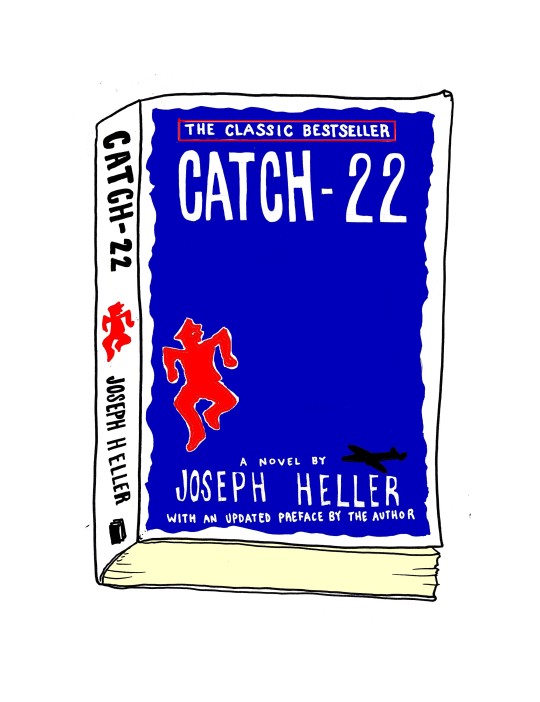
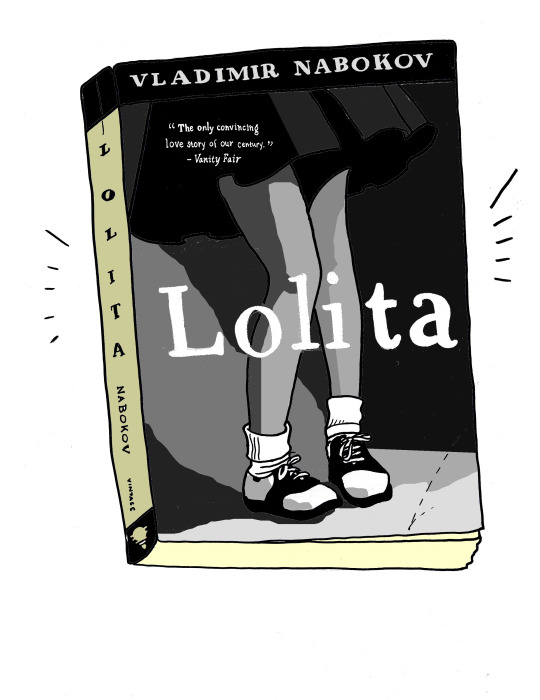
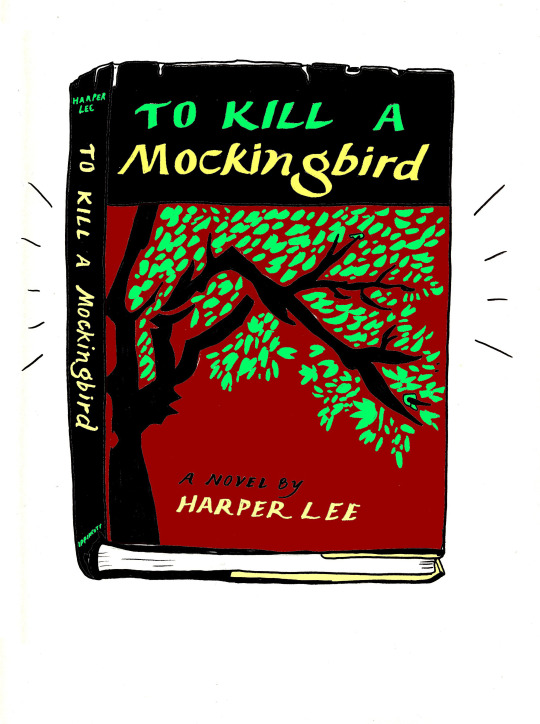

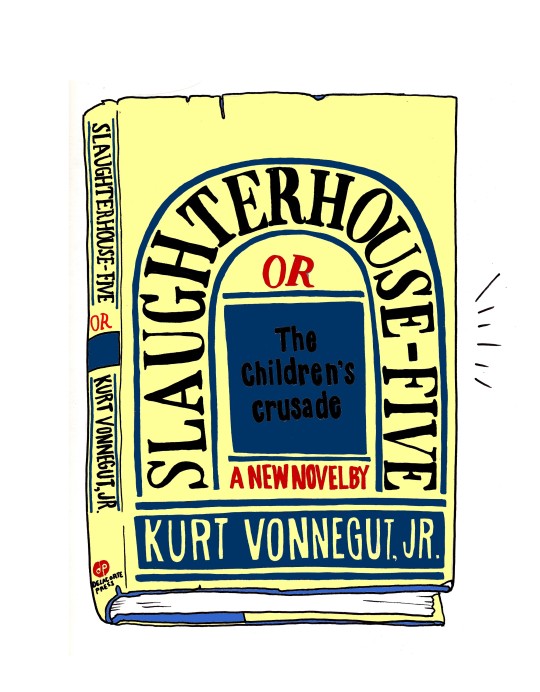
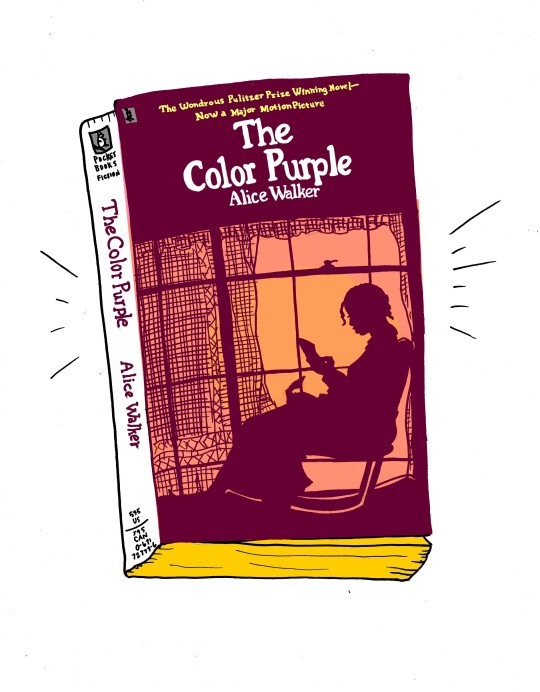

Happy Banned Books Week! “Read like a criminal.” - Greg Pizzoli
5K notes
·
View notes
Photo










Hannah Arendt, 2012, Margarethe von Trotta
1K notes
·
View notes
Photo

Full resolution (4000x4000) PNG
228K notes
·
View notes
Text
regarding the habits of cats [essay]
Cats possess personalities that are just as varied as the ones humans have. I think this is true of any feline. I go to a university far from ‘home’ and don’t see my cats as often as I’d like; needless to say that I spend a lot of time with them when I’m around for the holidays, and no matter how much time I spend watching them, it never gets tiring. It’s just as well that my visits ‘home’ tend to be easygoing and that I have all the time in the world to observe them. A day goes by effortlessly like this.
Ten cats bring forth ten individual personalities, ten different habits, and ten ways of dealing with existence. On one hand this seems patently obvious - after all, they are living, breathing creatures - but there really is just that something eternally strange and fascinating about cats that merits a remark or two. (Don’t you think so?)
There are two cats in our house. One is an all-black tabby female and the other is an elegant tuxedo-coated male. They’re from the same litter, and are both eleven years old; when it comes to the complexity of personalities, though, I’d have to say the former strikes me as the oddest. For a couple of years now, after being given food of any sort, she has been declining to eat it straight away. Regardless of how hungry she is, she always makes a kind of face - eyes narrowed, her very dark, soft, moist nose sniffing downwards - as if to exclaim well, about time! before she withdraws to a nearby corner. There she grooms her paws and tail, or rarely, she watches our other cat getting a head start with a blank look in her eyes. Only after the excitement has abated does she finally approach the food dish. I have never been able to understand why she requires this strange ritual, especially when it does nothing but lose her the best morsels at the worst of times.
Another of those rituals come about only in wintertime. She likes to cuddle beneath the sheets to sleep sometimes, but this is never straightforward with her. She crawls in, lies down for a long while - then slowly gets up and walks away as if she’s thought better of it. This repeats as many as three or four times during the night and I’d say that this is easily a waste of fifteen minutes. There is no way this could be in any way effortless for her, and as for me, well, a cat continuously stepping on me makes it hard for me to sleep. She’s pretty heavy, too!
I mean - I suppose that one always wants to be comfortable. And I suppose that at least some of the time, comfort requires many tries to get just right. This tendency has been explored and experienced many times in literature and in real life. Who doesn’t know about a situation like this? Goldilocks ruined two beds and place settings before she was satisfied; Liu Bei did something remarkably similar to our cat to recruit Zhuge Liang with the utmost respect (三顧草廬/san gu cao lu - ‘paying three humble visits to a wayward cottage’); and I guess that this is all very well-intentioned and all that but what need is there for a cat to do this in the middle of the night?
I often think of the chain of causes and effects that have led our cats to develop such habits. Perhaps all cats experience a childhood similar to what we understand of the term - perhaps their experiences of ‘puberty’ are just as agonized and confused as ours is. When they gaze out of the window, or sit with their eyes closed upon a streak of sunlight on the floor, there might well be an existential crisis or some kind of complicated decision-making in there, somewhere. So why shouldn’t all of those things come together to form a cat-centric, subjective ego, strange eating and sleeping habits and all?
... Cats are shrouded in countless such mysteries.
8 notes
·
View notes
Quote
There is no translation that is not at the same time an interpretation.
Stephen Greenblatt, Renaissance Self-Fashioning: From More to Shakespeare
337 notes
·
View notes
Photo

LITERARY FRIENDSHIPS:
Percy Bysshe Shelley and Lord Byron.
Byron: Alas! poor Shelley – how he would have laughed – had he lived, and how we used to laugh now & then – at various things – which are grave in the Suburbs. – You are all mistaken about Shelley – – you do not know – how mild – how tolerant – how good he was in Society – and as perfect a Gentleman as ever crossed a drawing room; – when he liked & where he liked.
Shelley: I have no other news to tell you, my dear Lord Byron, unless you think this is news: that I often talk, and oftener think, of you; and that, though I have not seen you for six months, I still feel the burden of my own insignificance and impotence; as they must ever forbid my interest in your welfare from being put to the proof. Adieu.
1K notes
·
View notes
Quote
Closed like confessionals, they thread Loud noons of cities, giving back None of the glances they absorb. Light glossy grey, arms on a plaque, They come to rest at any kerb: All streets in time are visited. Then children strewn on steps or road, Or women coming from the shops Past smells of different dinners, see A wild white face that overtops Red stretcher-blankets momently As it is carried in and stowed, And sense the solving emptiness That lies just under all we do, And for a second get it whole, So permanent and blank and true. The fastened doors recede. Poor soul, They whisper at their own distress; For borne away in deadened air May go the sudden shut of loss Round something nearly at an end, And what cohered in it across The years, the unique random blend Of families and fashions, there At last begin to loosen. Far From the exchange of love to lie Unreachable insided a room The trafic parts to let go by Brings closer what is left to come, And dulls to distance all we are.
Philip Larkin, ‘Ambulances’
1 note
·
View note
Photo

Harold Lloyd GIRL SHY (‘24)
965 notes
·
View notes
